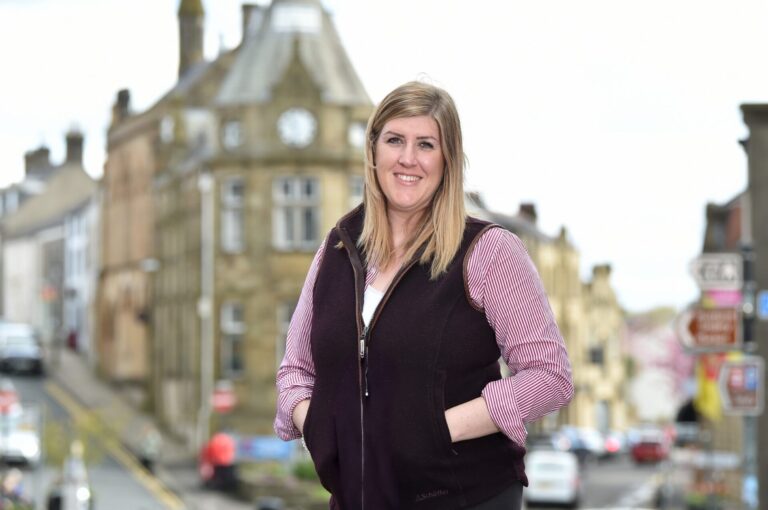
Providing independent legal advice during the coronavirus crisis

Lucy Beachell, solicitor in Harrison Drury’s commercial property team outlines the reasons for independent legal advice and how the firm is making this possible during the coronavirus pandemic.
The coronavirus COVID-19 pandemic has given rise to new challenges for all businesses and this is certainly the case for solicitors when it comes to providing independent legal advice to facilitate borrowing by businesses and individuals alike.
Why do solicitors take it so seriously? Is it not just a box ticking exercise?
No, it is not a box ticking exercise. For the solicitor instructed to provide the advice regarding these borrowings, it is a serious matter with potentially significant ramifications for them and their employer.
A lender will rely on the solicitor providing the necessary certification and should it later transpire the correct procedure was not followed in preparing it, the lender could sue the solicitor for damages resulting from a guarantee or similar being set aside by the courts.
The purpose of providing independent legal advice
A lender requires independent legal advice to be taken by third parties as in the event they do not, the lender’s security is at risk of being severely weakened.
For example, a wife blackmailing her husband into agreeing to sign a personal guarantee for a company loan despite him being uncomfortable with doing so.
The risk to a lender in this scenario is that the courts could interfere to protect the husband from the undue influence, by the wife, should the lender need to rely on the guarantee in the future. The result of such interference would be that the guarantee is treated as if it were never signed in the first place and would therefore be rendered ineffective. This could result in the lender being unable to recover any of the money it is owed.
What constitutes independent legal advice?
In certain circumstances, a different solicitor at the same firm acting for the lender may provide independent legal advice. However, regardless of who provides the advice, the following must be carried out:
- There must be a ‘face to face’ meeting between the individual being advised and the solicitor advising. Remember, the purpose of the advice is to ensure there has not been any undue influence by another party. It is not possible to ascertain via Skype, FaceTime or via other methods of video, whether someone is on their own and able to speak freely. They may confirm they are on their own, but they may be forced to speak by someone off camera.
- The solicitor advising should explain why they are required to give independent advice along with confirming that the relevant lender will rely on the solicitor’s involvement in enforcing the guarantee or waiver of rights, should it be required.
- The solicitor advising should explain the risks and implications posed by the legal documents, which differs on a case-by-case basis and will require a detailed review of the paperwork prior to the meeting by the advising solicitor.
- Finally, the solicitor advising should check the client understands the terms and any risks involved in the transaction and be satisfied that the client has not been influenced by any other party in signing the paperwork.
How the coronavirus pandemic impacts on the ability to provide advice
The ability for professionals to give independent legal advice and satisfy the points highlighted above is quite challenging under the current circumstances. The difficulty lies in personally attending face-to-face meetings with the recipient of the advice.
Harrison Drury has implemented a range of measures to make it possible to facilitate ongoing transactions along with new instructions where independent legal advice is required.
The measures at our disposal to help make it possible are as follows:
- We are fortunate to have large meeting rooms, which facilitate maintaining a minimum distance of two metres at all times.
- We have prepared helpful guidelines for clients to enable safe and easy access when attending meetings at our offices.
- We ask that all our solicitors wear latex gloves when handling client documents.
- We will travel. In cases where self-isolation is required, our solicitors will travel to a client’s place of work or home in order to minimise their exposure to the public. From this location the solicitor can either conduct the appointment through an open window, in the garden (if it is sunny) or by other means, whilst maintaining the current rules of social distancing, in order to ensure that during the consultation you are speaking freely and without any undue influence.
If you wish to make arrangements to seek independent legal advice or for further information from Harrison Drury’s property litigation and commercial property teams, please call 01772 258321.
